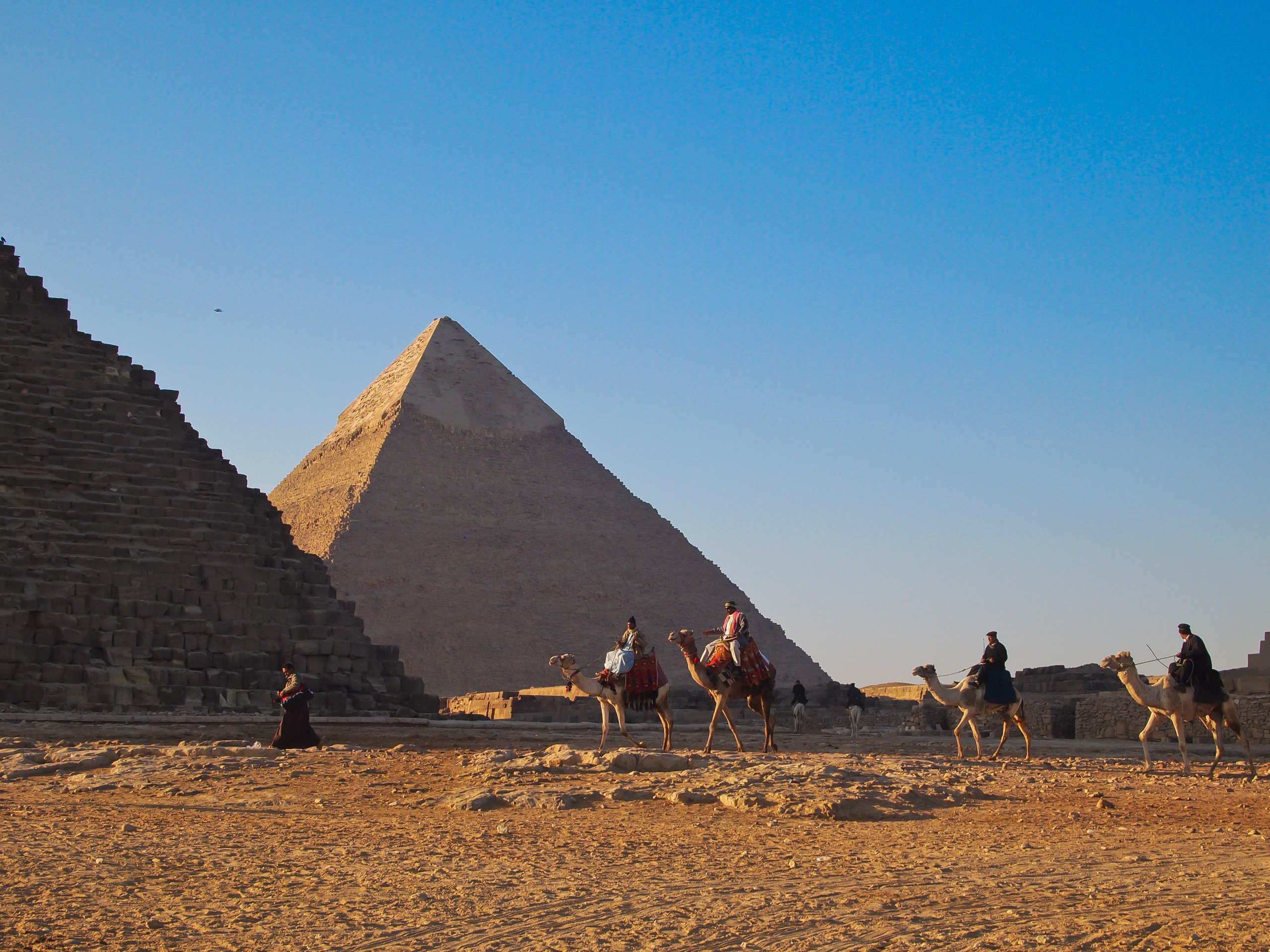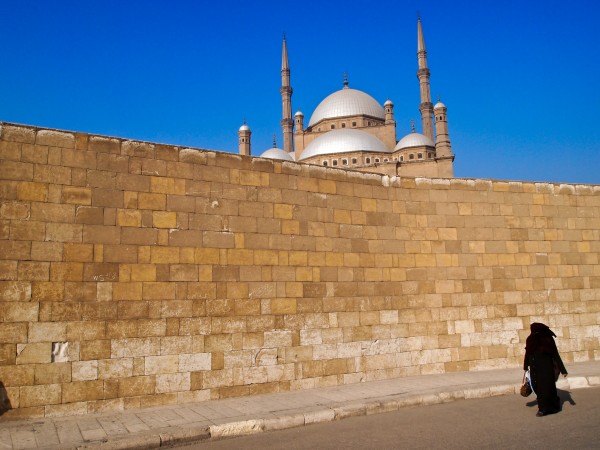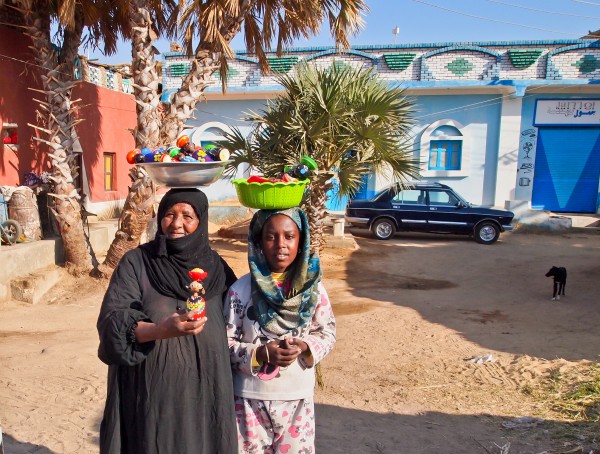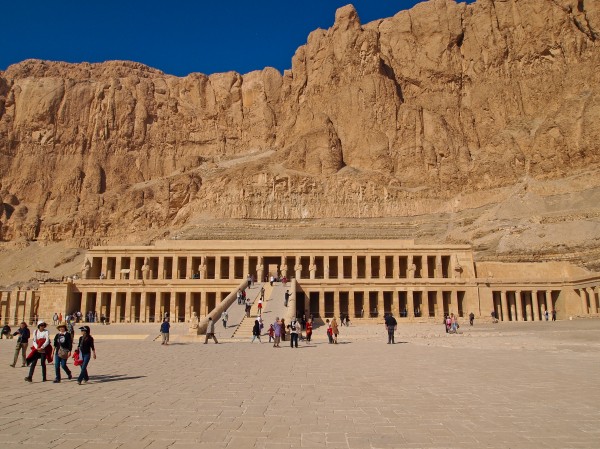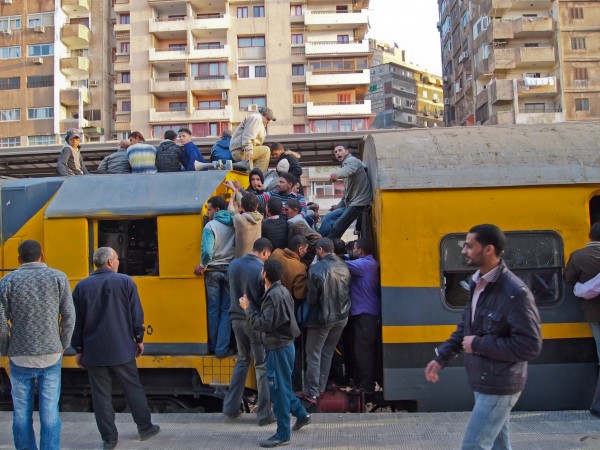CAIRO AIRPORT IS DESERTED when my flight lands. The silence in the terminal is broken only by hurried footsteps echoing loudly off concrete walls. It’s December 2011, during the height of Egypt’s elections, in the aftermath of revolution.
The airport shuttle driver
Abdo is resigned when I first board his shuttle. When he discovers that I speak a smattering of Arabic, he beams and thanks me for coming during the troubles. As I struggle with my rusty Arabic, I learn Abdo’s view on the revolution: It was necessary, and regime change is welcomed, but now Egypt needs to focus on rebuilding.
